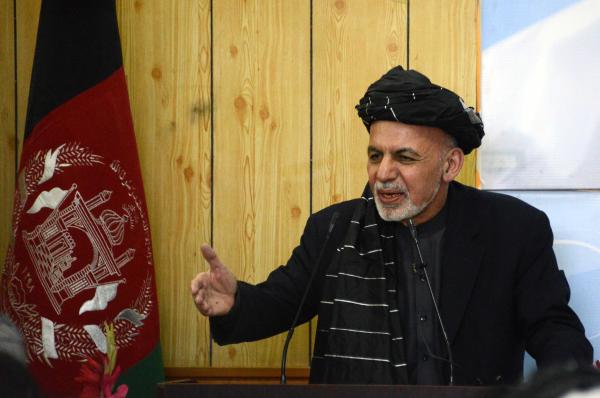KABUL, April 9 – Since it was formed and the administration in Afghan has been in turmoil. This Saturday, Afghan lawmakers approved government nominees as interior minister and attorney general, which grants a push for the struggling administration and pulls it out of the infighting going on ever since it was formed following a disputed election in 2014.
Interior Minister Taj Mohammad Jahid, a former army general, and Attorney General Mohammad Farid Hamidi, formerly a member of the Human Rights Commission, both confirmed through Parliament votes; avoiding a major embarrassment for President Ashraf Ghani.
Facing the Taliban’s mounting insurgency and combating endemic corruption, both of the two new appointees will be crucial to the government’s top priorities. Noting that they were nominated in February after the resignation of former interior minister Noor-ul-Haq Olomi, as the latter had faced hefty criticism over deteriorating security in Afghanistan.
From the other side, the National Directorate of Security (NDS), Afghanistan’s main intelligence agency, also remains at the moment without a permanent director after the former head resigned in December to protest against Ghani’s decision to seek a rapprochement with Pakistan, which many in Afghanistan believe supports the Taliban.
Nevertheless, the relatively quick confirmation of two key appointees contradicts or more accurately contrasts with wrangling over the defence portfolio, which is still formally held by an acting minister more than a year-and-a-half after the national unity government led by Ghani and Chief Executive Abdullah Abdullah was formed.
Parliamentary speaker Abdul Rauf Ibrahimi in a step of confirming Saturday’s count asked the government to present nominees for the two unfilled positions. Where following a vote for Jahid, he said; “We request both Ashraf Ghani and Dr. Abdullah to present us nominees for ministry of defence and NDS for a vote of confidence so that we can end the caretaker arrangement.”
The failure to confirm senior security officials has weakened the battle against the Taliban and other insurgent groups, which Afghan troops are now fighting on their own since NATO ended its combat mission in Afghanistan at the end of 2014.
